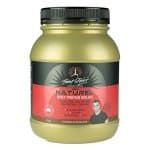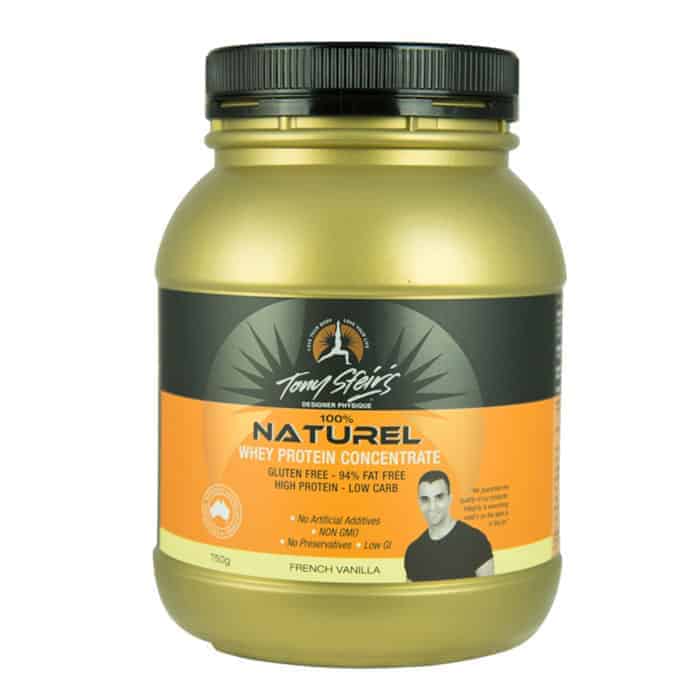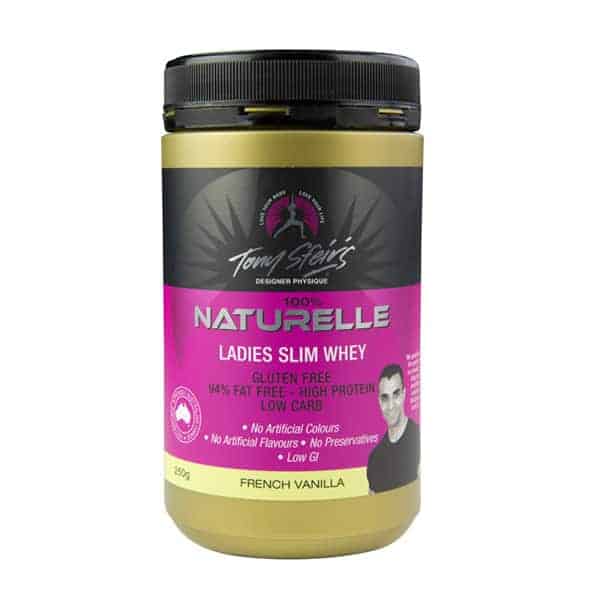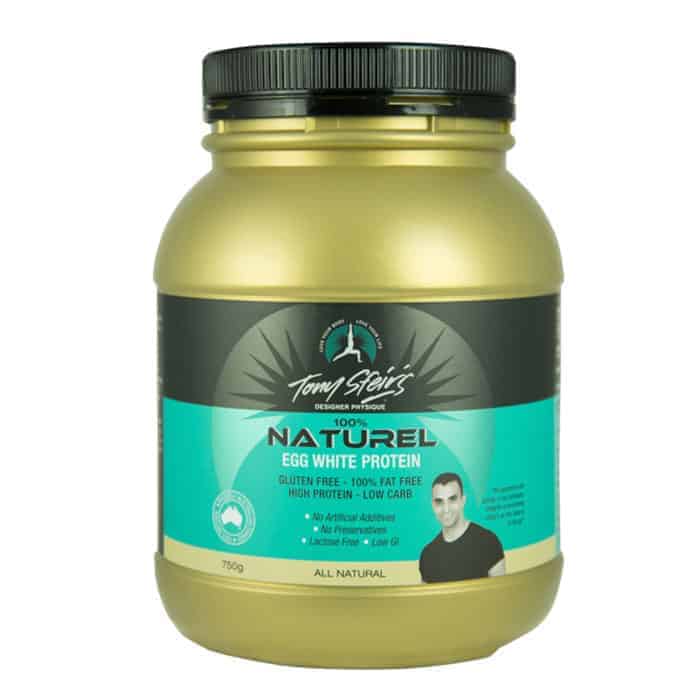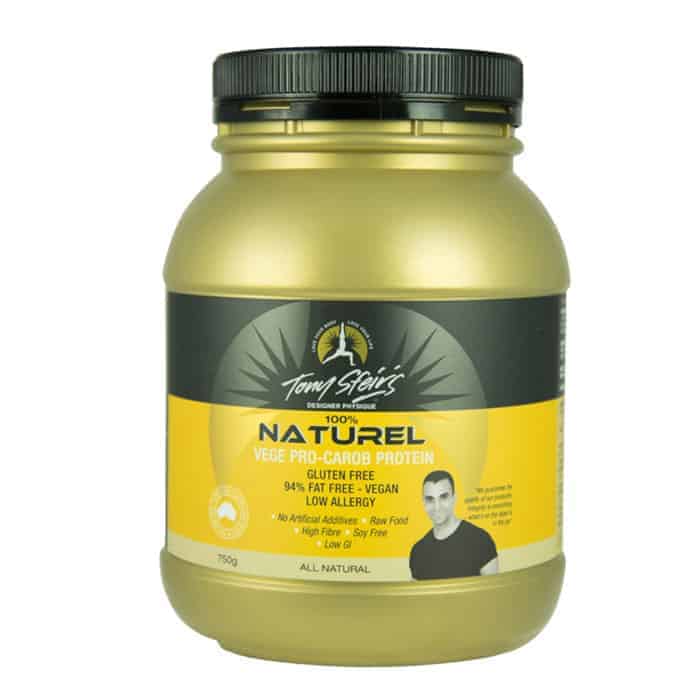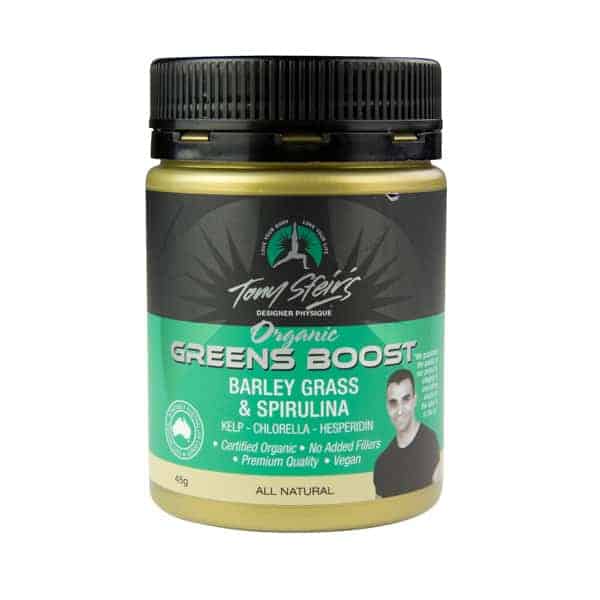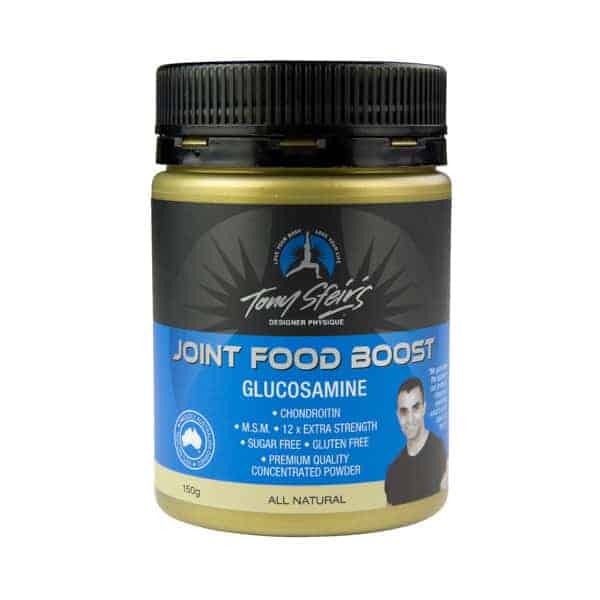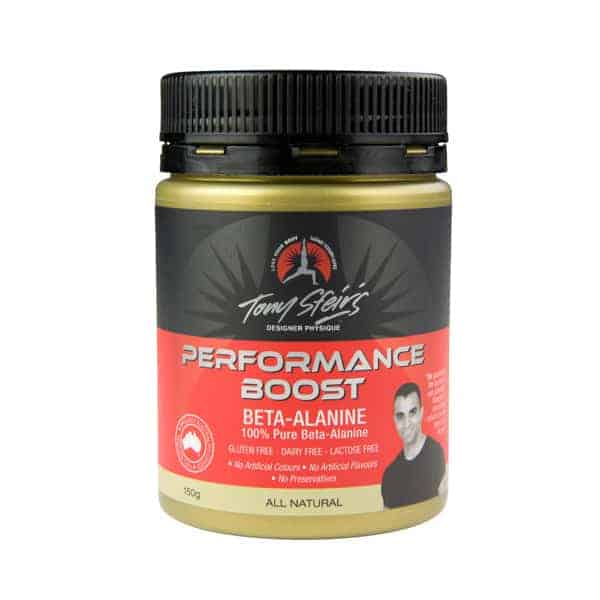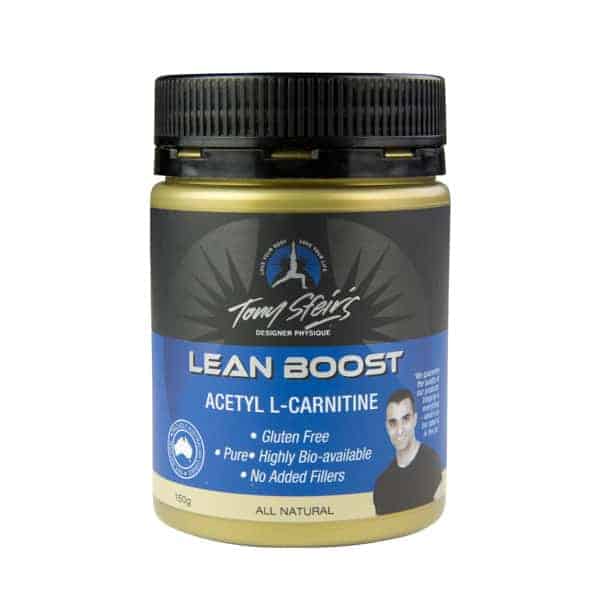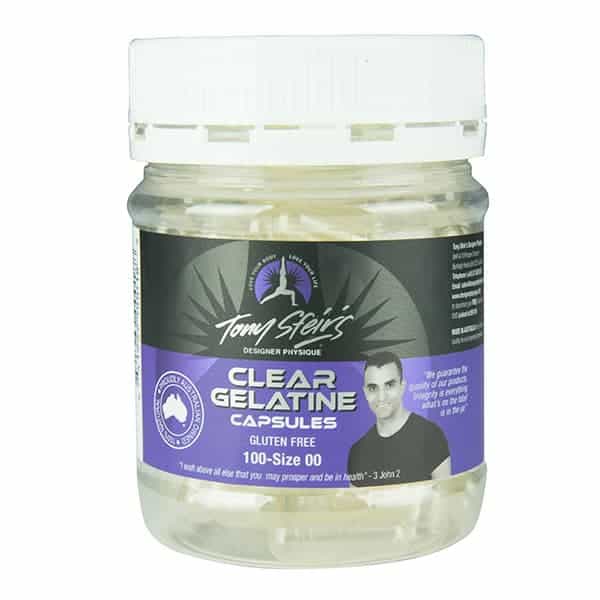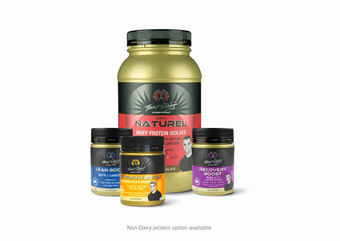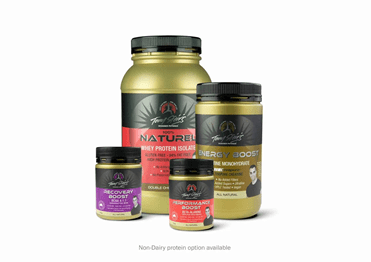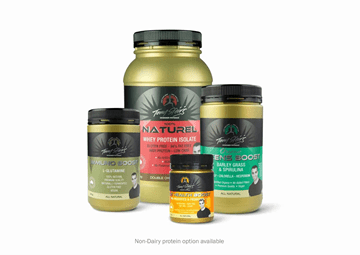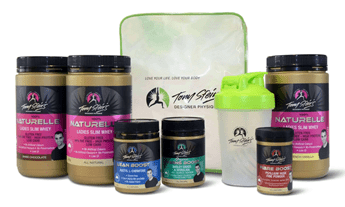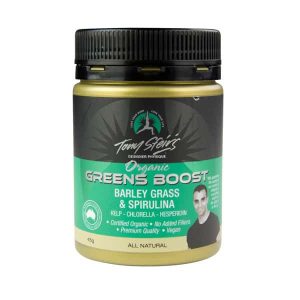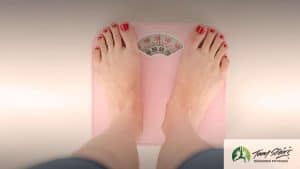Article At A Glance:
|
How to fuel your weight loss in a “healthy” way
Losing weight doesn’t need to be hard, unhealthy or obsessive provided you have the right tools to effectively fuel your body into losing fat! Following on from our latest blog on the mindful side of weight loss, we wanted to give you the amazing nutritional and supplement tools you need to effectively and healthily lose weight.
Where to begin?
The first place to start is understanding your body and learning where its metabolic capabilities lie… You might be wondering, what do you mean by metabolic capability?
Your body’s metabolic capability or better known as metabolic rate is the amount of energy (or calories) that it requires and burns daily for basic life functioning. For example an average height and weight female might burn 1600 calories a day. Once you know this number you can firstly calculate how much food your body can handle without putting on weight, and then match this up against how many calories you are currently feeding your body a day.
The next step is to put your body in a slight deficit so that it will utilise extra energy needed from the stored body fat that you have. To do this healthily and sustainably it’s important not to have too big of a deficit. For example, a healthy deficit would be 100-200 calories less your metabolic rate and for further fat burning, adding daily exercise to burn another 100-200 calories.
Food time!
The next big consideration is the food that you’re putting into your mouth, a big tip to remember is quality over quantity! Eating high quality, nutrient dense foods will keep you feeling fuller for longer and satisfy your body’s needs and cravings. It’s important to remember that the quality of nutrients that you’re feeding your body should be the number one focus not the quantity, macros or number of calories as this can become an unhealthy habit to have and take away from giving your body what it needs. Some key considerations for a healthy and balanced diet include:
Macronutrients: Macronutrients are the main nutrients needed from food intake which include fats, protein and carbohydrates. Recent research revealed that the best macronutrient balance for fat loss is 50% carbohydrates, 35% protein and 15% fat (CBC News, 2016). This balance is based off fat being the most energy dense which is why it’s the lowest percentage, meanwhile carbohydrates and protein are higher percentages due to their ability to increase energy, provide satiety and keep the body functioning optimally.
Fruit and vegetables: Apples, berries and grapefruit are some of the most beneficial fruits for fat loss as they are low in calories, high in nutrients and fibre and low glycaemic index (GI), meaning they are distributed into the bloodstream slower (Mandl, 2019). Eating low GI foods have been linked to fat loss and better weight management (Zafar et al., 2019).
Grains and nuts: Nuts, seeds and wholegrains have been linked to enhancing weight loss and fat loss in the abdominal region, reducing visceral fat around organs. They have also shown to increase energy levels and the feeling of fullness for longer, aiding in controlling eating (Better Health Channel Victoria, 2022).
Water: Drinking adequate amounts of water has been linked to increasing metabolism, giving the body the ability to burn fat faster. Drinking water also helps with appetite suppression, so that food intake can be better controlled. Lipolysis (the burning of fat in the body) is reduced when the body is dehydrated; making sure the body is adequately hydrated can help to increase lipolysis (John Hopkins University, 2020).
Supps, supps and more supps!
It’s important to remember that supplements should NEVER replace healthy and balanced eating habits but instead be used to supplement one! Designer Physique have some great supplements to support weight loss and overall health and wellbeing including:
| Supplement | Benefit |
| L-Carnitine |
|
| Creatine |
|
| Protein Powders |
|
Love your body and it will love you back!
Nourishing your body with healthy and nutritious meals is one of the best ways you can show it some love. In return, the results will speak for themselves! Just remember Rome wasn’t built in a day, great results come from consistent efforts through healthy meals, supplements, exercise and a strong mind. By starting every day remembering to “love your body, love your life” you will become the healthiest and happiest version of yourself. Designer Physique is with you every step of the way, for any enquiries that we can help you with get in touch or follow us on socials for your daily dose of healthy motivation!
References
Better Health Channel Victoria, (2022). Weight Loss – A Healthy Approach, Department of Health. Accessed on 03/10/22, <https://www.betterhealth.vic.gov.au/health/healthyliving/weight-loss-a-healthy-approach>
CBC News, (2016). How to lose weight and gain muscle — fast: new McMaster study, accessed on 03/10/22, <https://www.cbc.ca/news/canada/hamilton/headlines/how-to-lose-weight-and-gain-muscle-fast-new-mcmaster-study-1.3423359>
John Hopkins University, (2020). Yes, drinking more water may help you lose weight. Accessed on 03/10/22, <https://hub.jhu.edu/at-work/2020/01/15/focus-on-wellness-drinking-more-water/>
Mandl, E. (2019). The 11 best fruits for fat loss, HealthLine, accessed on 03/10/22, <https://www.healthline.com/nutrition/best-weight-loss-fruits#TOC_TITLE_HDR_2>
Zafar, M. I., Mills, K. E., Zheng, J., Peng, M. M., Ye, X., & Chen, L. L. (2019). Low glycaemic index diets as an intervention for obesity: a systematic review and meta-analysis. Obesity reviews : an official journal of the International Association for the Study of Obesity, 20(2), 290–315. https://doi.org/10.1111/obr.12791

